- Affordability: Tiny houses are much cheaper to build and maintain than traditional homes, which can be a significant advantage for people who want to own their own home without going into debt. They also save money on utilities, property taxes and insurance.
- Environmental sustainability: tiny houses are typically more energy-efficient than traditional homes, as they require less energy to heat and cool. They also generate less waste, as they have smaller kitchens and bathrooms, and use fewer resources overall.
- Mobility: Many tiny houses are built on wheels, which means they can be easily moved from one location to another. This can be a great option for people who want to live in different places or who like to travel.
- Simplicity and Minimalism: Tiny houses force to minimalize the possession and prioritize the essential items, leading to a more fulfilling and less stressful life.
- Reduced maintenance: Tiny houses are smaller and have fewer rooms, so there is less space to clean and maintain, which can be a great advantage for people who want to simplify their lives.
- Accessory Dwelling Unit: Tiny houses can also be used as accessory dwelling units, which are secondary living spaces on a property that can be used to provide additional living space for extended family, renters, or guests. They can be used for different purposes such as vacation home, rental unit and so on.
- Unique Design : Tiny houses often have unique and creative designs, which can be very appealing to people who want to live in a space that reflects their personal style.
- Community: A growing tiny house community is developing around the world, this can be a great way to connect with other people who share the same lifestyle.
In summary, tiny houses offer a wide range of benefits, from affordability and environmental sustainability to mobility, simplicity, reduced maintenance and more. They can be a great option for people who want to own their own home and live a simpler and more sustainable lifestyle, or for those who want a secondary dwelling unit. With a good design and planning, tiny houses can provide a comfortable and functional living space in a small package.
Who lives in a tiny house?
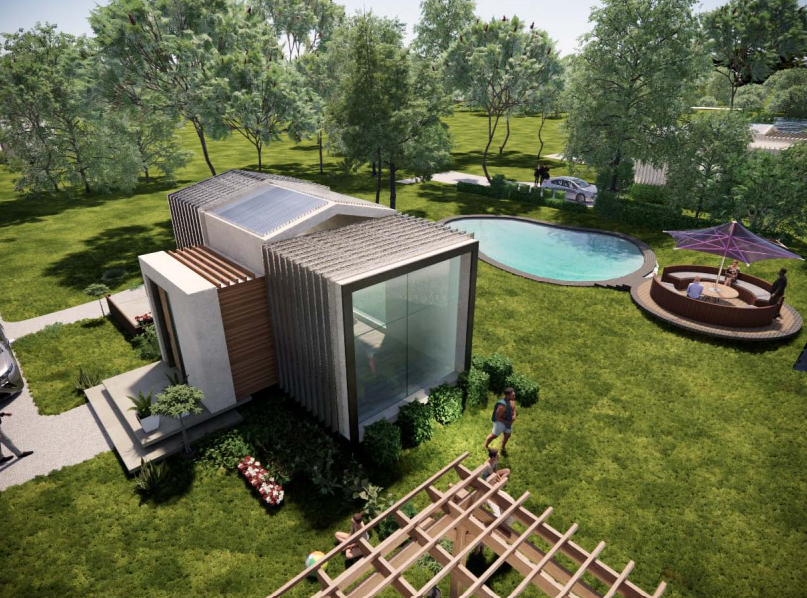
Tiny houses are becoming increasingly popular among a wide range of people. Some of the groups that are particularly interested in tiny house living include:
- First-time home buyers: Tiny houses can be a great option for people who want to own their own home but can’t afford the high prices of traditional homes.
- Environmentalists: Tiny houses are often more sustainable than traditional homes, and they’re also more in line with minimalist living principles that many people are interested in.
- Retirees: Tiny houses can be a great option for retirees who want to downsize and live in a more affordable and manageable home.
- Travelers: Many tiny houses are built on wheels, which means they can be easily moved from one location to another. This makes them an ideal option for people who like to travel or who want to live in different places.
- People looking for a secondary dwelling unit: Tiny houses can be used as accessory dwelling units, which are secondary living spaces on a property that can be used to provide additional living space for extended family, renters, or guests.
- People who are looking to simplify their lives: Tiny houses forces to minimalize the possession and prioritize the essential items, leading to a more fulfilling and less stressful life.
It is important to notice, however, that tiny houses aren’t the best fit for everyone, it can be uncomfortable or challenging for those with larger families, or those who are not comfortable with downsizing.
In summary, tiny houses are becoming increasingly popular among a wide range of people, including first-time home buyers, environmentalists, retirees, travelers, and people looking for a secondary dwelling unit or to simplify their lives. However, it may not be suitable for everyone, depending on the specific needs and lifestyle.
Can you permanently live in a tiny house?
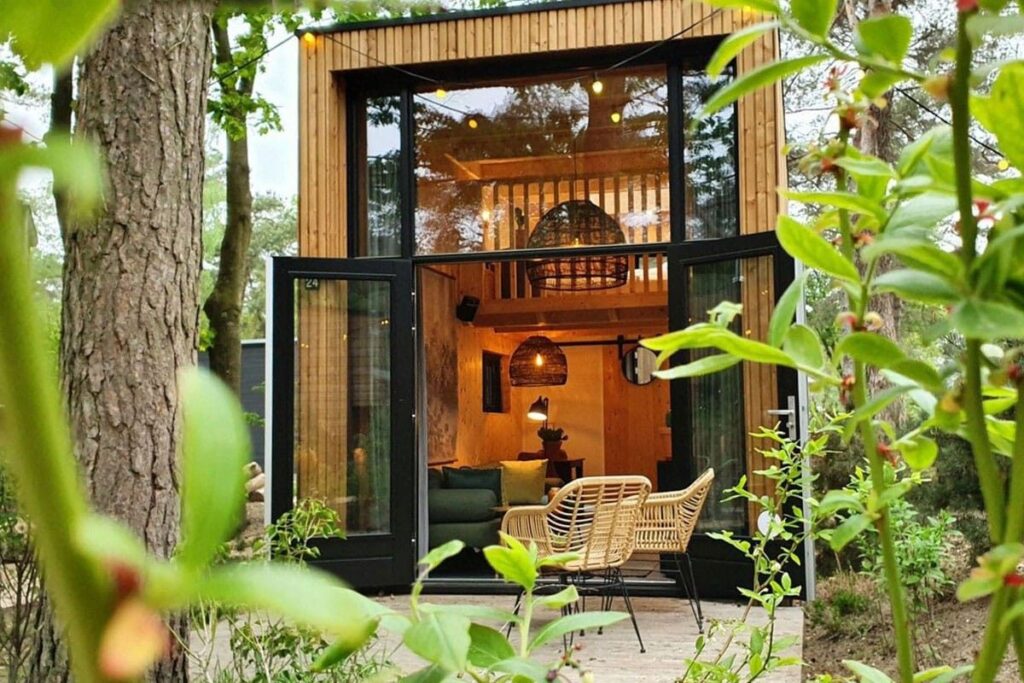
Yes, it is possible to permanently live in a tiny home, if it meets the zoning and building codes of your area. However, it can be challenging to find a location where you can legally park or set up your tiny house permanently. Some municipalities have zoning laws that prohibit tiny houses, while others have specific regulations that must be followed. Additionally, there are some areas where tiny houses are not considered as a permanent residence and may have a limit of usage as a vacation home or as a secondary dwelling unit.
It’s important to check the local zoning and building codes in your area before investing in a tiny house, to ensure that it is legal to live in it permanently. Some tiny house communities are also being developed, providing a more permanent solution for tiny house dwellers.
It is also worth mentioning that living in a tiny house permanently may require a certain level of adaptability and resourcefulness, as the space is limited and it can be more challenging to store belongings, or for people with larger families. In addition, since tiny houses are generally smaller and less energy efficient than traditional homes, the cost of utilities can be higher.
In summary, it is possible to permanently live in a tiny home as long as it meets zoning and building codes and if you can find a location to legally park or set it up, but it may require more research, planning and some adaptability. Additionally, permanent tiny house living can have some challenges, like storage, and higher utility costs, so it’s important to consider if the lifestyle suits you.
Where do tiny houses get water?
Tiny houses can get water from a variety of sources such as a well, a municipal water supply, or a holding tank. Some tiny houses are also equipped with a greywater recycling system, which can be used to conserve water. Additionally, some tiny house owners choose to install a rainwater harvesting system, which captures and stores rainwater for later use. It can also be hooked up to a RV park’s water supply or water delivery service. Ultimately, the specific water source for a tiny house will depend on the location and the owner’s preferences.
Are tiny houses expensive?
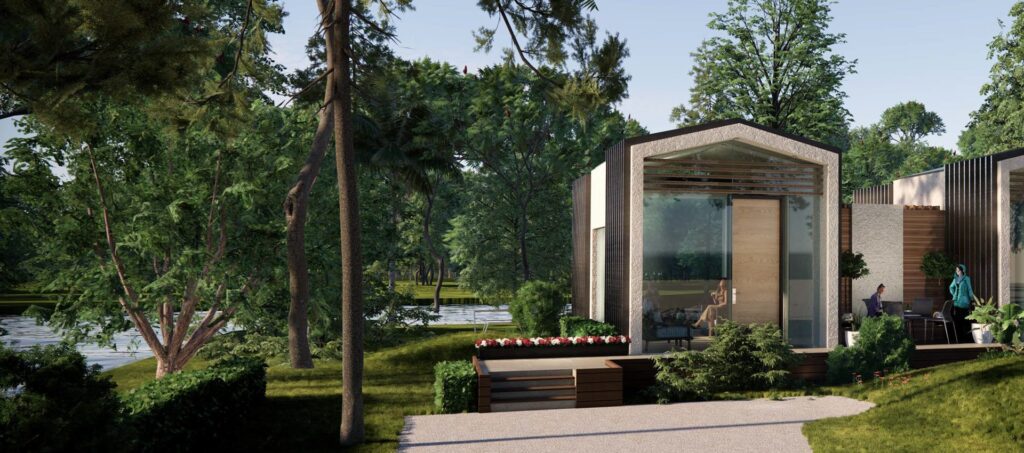
The cost of a tiny home can vary greatly depending on a number of factors such as size, materials used, and location. In general, tiny homes can be less expensive than traditional homes, due to their smaller size and simpler construction. However, some high-end tiny homes can be quite expensive, especially if they are custom-built and include high-end finishes and appliances.
The cost of a tiny home can range from a few thousand dollars for a DIY project more for a fully finished, custom-built tiny home. It’s also important to consider additional costs such as permits, land, and utilities.
Overall, tiny homes can be an affordable housing option, but it’s important to do research and consider all costs before deciding.

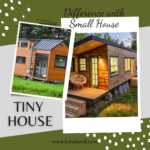

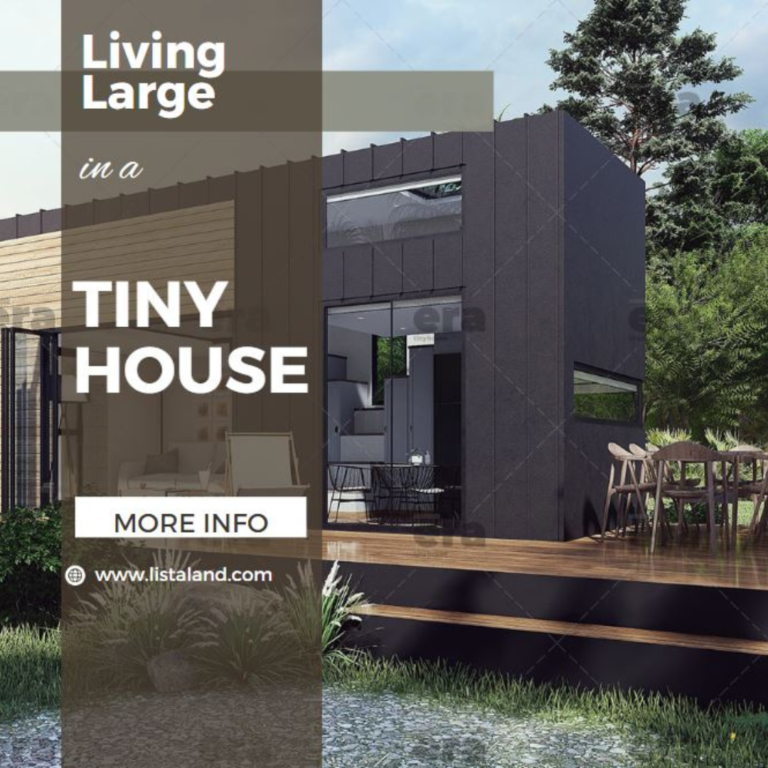
0 Comments